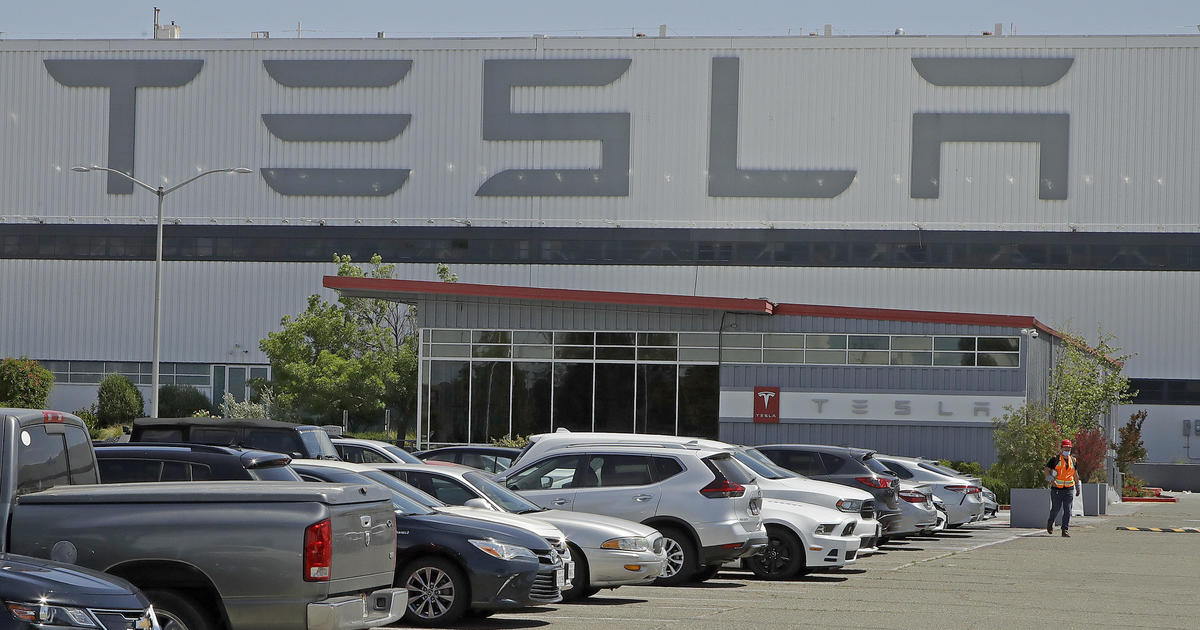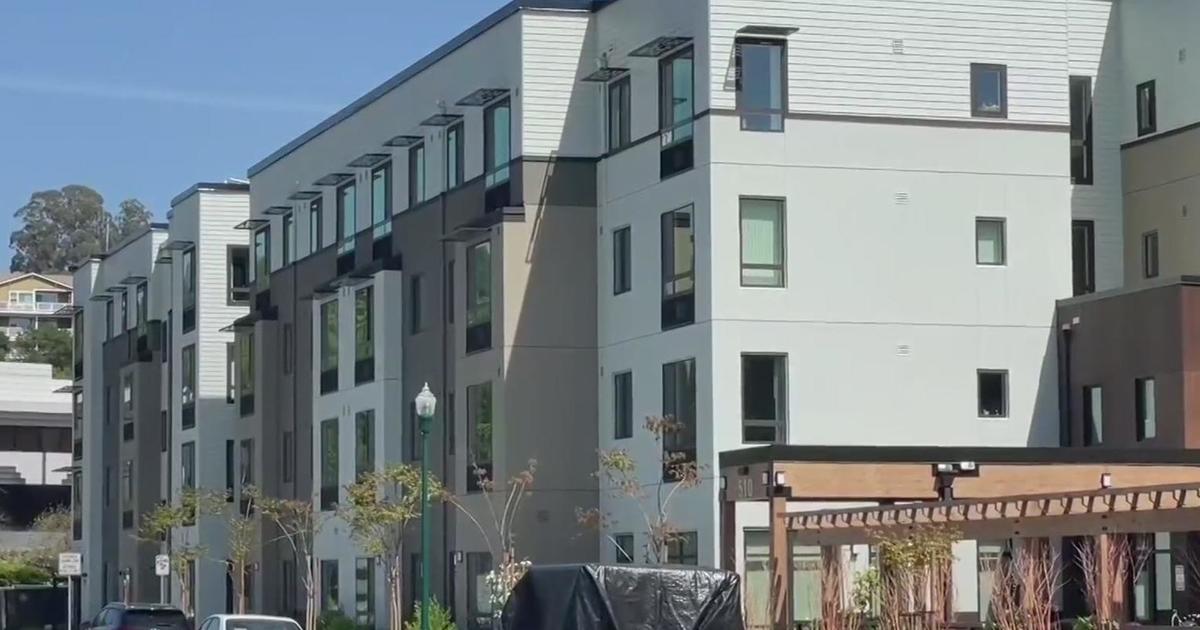GM Pushes National Electric Car Plan As Trump Tries To Roll Back Emissions Standards
(CNN) -- General Motors is calling for the federal government to start a nationwide program that would put more electric vehicles on the roads and turbocharge innovation.
The company announced the plan Friday in response to the Trump administration's proposal to roll back fuel economy requirements.
GM's plan would be modeled on California's Zero Emission Vehicle program. Automakers would be required to sell a certain percentage of zero emissions vehicles, which are usually electric powered, or pay credits to other companies that make such vehicles.
"We believe in a policy approach that better promotes US innovation and starts a much-needed national discussion on electric vehicle development and deployment in this country," said Mark Ruess, GM's executive vice president in charge of product development, in a statement.
GM believes the program could put more than 7 million long-range electric vehicles on America's roads by 2030. The proposal would spur investment in infrastructure, such as electric charging stations, and create jobs, GM said.
The Trump's proposal, made in August, would essentially undo the Obama administration's requirements and freeze fuel economy and carbon dioxide emissions standards at 2020 levels. Carbon dioxide causes global warming.
A program like this could make good business sense for GM. It would give the company a competitive advantage over most other automakers. GM has already invested heavily in creating the Chevrolet Bolt EV and Chevrolet Volt plug-in vehicles and committed to launch 20 emission-free models by 2023. That could include hydrogen fuel cell vehicles, which also qualify as zero emissions.
Under GM's proposal, 7% of vehicles each automaker sells in 2021 would have to qualify as "zero emissions." Carmakers would get partial credit for cars like the Chevrolet Volt plug-in hybrid, that run emissions-free part of the time. The 7% requirement would then increase annually, rising to 15% by 2025 then to 25% by 2030.
Automakers that don't meet the requirements could buy credits from companies that do, providing an incentive for automakers to surpass the goal.
Today's auto fuel economy and emissions rules were hashed out between the Obama administration and California. California has long had the right to set its own emissions rules, which are followed by other densely populated states. Trump has proposed taking away the so-called California waiver, a move certain to cause lengthy court fights.
© Copyright 2018 CNN. All Rights Reserved. This material may not be published, broadcast, rewritten or redistributed.



